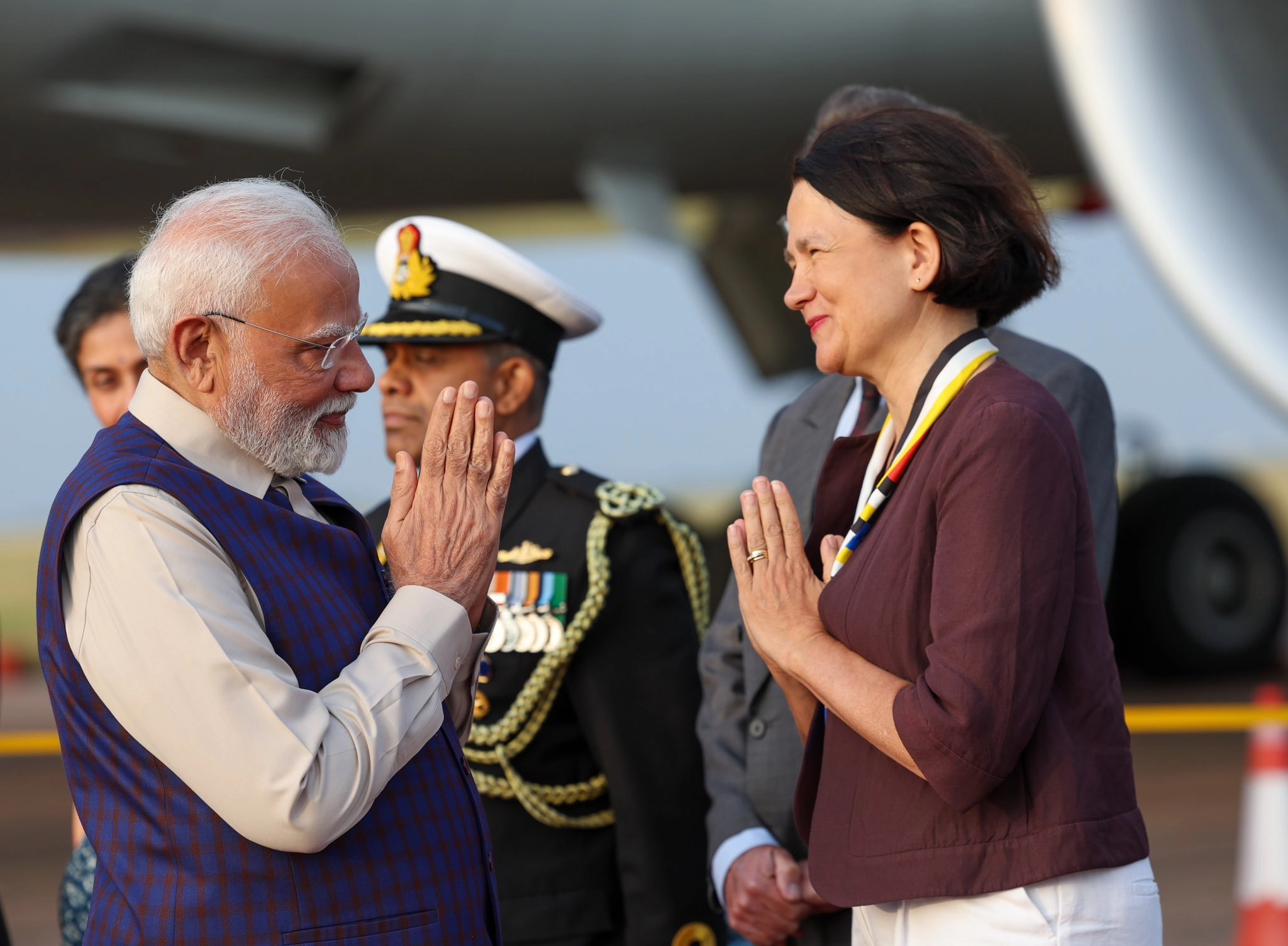In light of the escalating tensions in the Middle East, Iranian officials have emphasized the necessity of being perpetually prepared for confrontation, particularly in relation to Israel. This statement underscores the volatile nature of the geopolitical landscape in the region, where military readiness and strategic positioning have become paramount. Iranian leaders have articulated a perspective that views Israel not merely as a regional adversary but as a persistent threat that necessitates constant vigilance and preparedness for potential conflict. This sentiment reflects a broader narrative in Iranian foreign policy, which often emphasizes resistance against perceived aggression and the protection of national sovereignty.
The assertion that readiness for confrontation must be maintained at all times is not merely rhetorical; it stems from a long history of hostilities between Iran and Israel. Over the years, both nations have engaged in a series of proxy wars, military exercises, and intelligence operations aimed at undermining each other’s influence. Iran’s support for militant groups in Lebanon and Palestine, coupled with its nuclear ambitions, has further strained relations. In this context, Iran’s call for preparedness serves as both a deterrent and a signal to its allies and adversaries alike. It reinforces the notion that Iran will not back down in the face of external pressures, particularly from Israel, which it views as a key rival in the region.
Moreover, this state of readiness is indicative of a broader trend in Middle Eastern politics, where nations often prioritize military strength and strategic alliances in their quest for security. Iran’s military posturing may also be aimed at consolidating its position among regional allies, particularly in the face of a perceived encroachment by Western powers and their allies. As the situation continues to evolve, the implications of this readiness for confrontation could extend beyond the borders of Iran and Israel, impacting regional stability and international relations. The international community must remain attentive to these developments, as they could lead to an escalation of conflicts that have far-reaching consequences for global security. In such a charged environment, the potential for miscalculation and unintended consequences remains high, making diplomatic engagement all the more crucial to defuse tensions.




